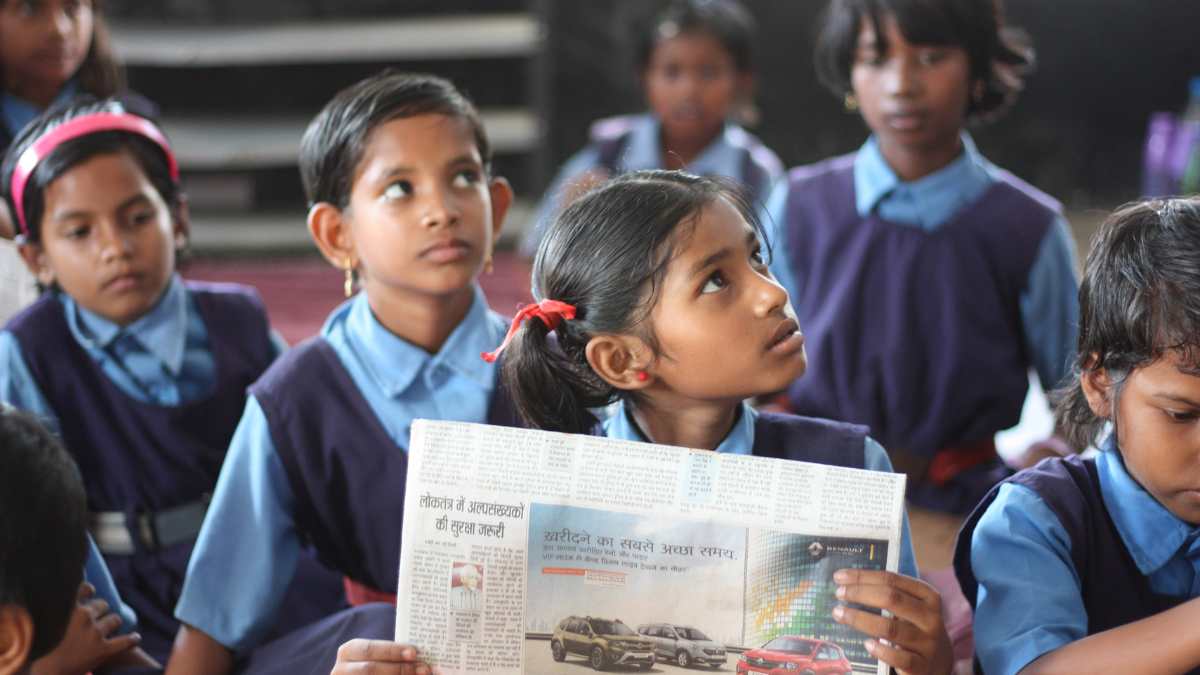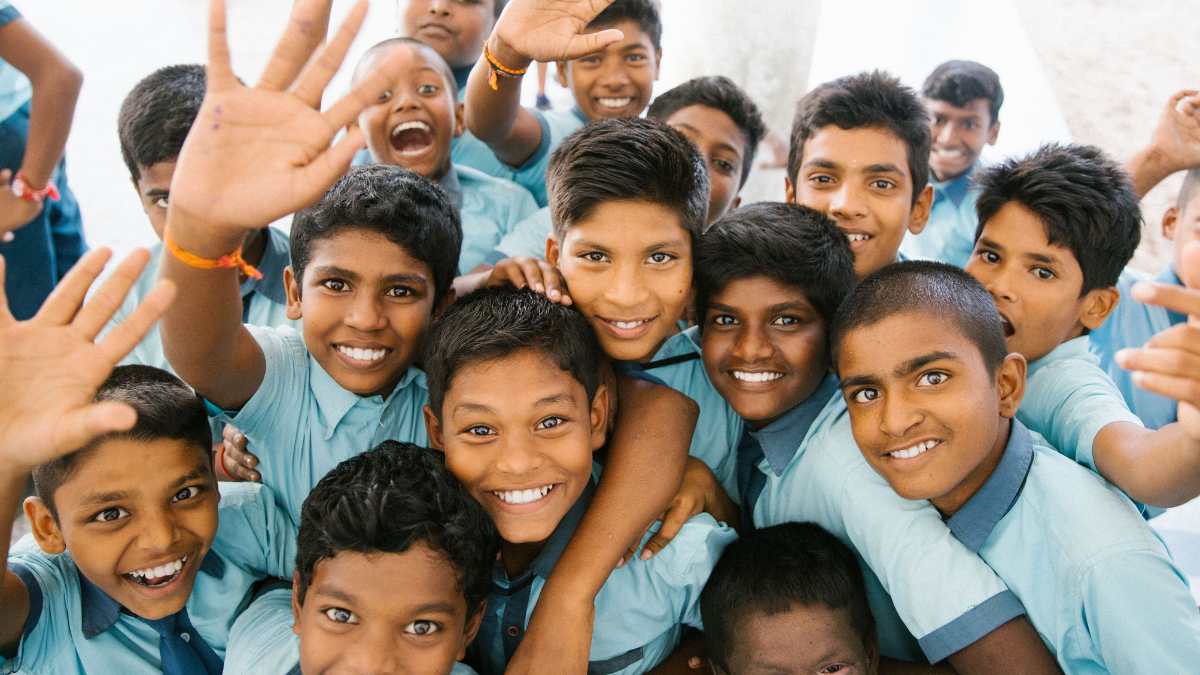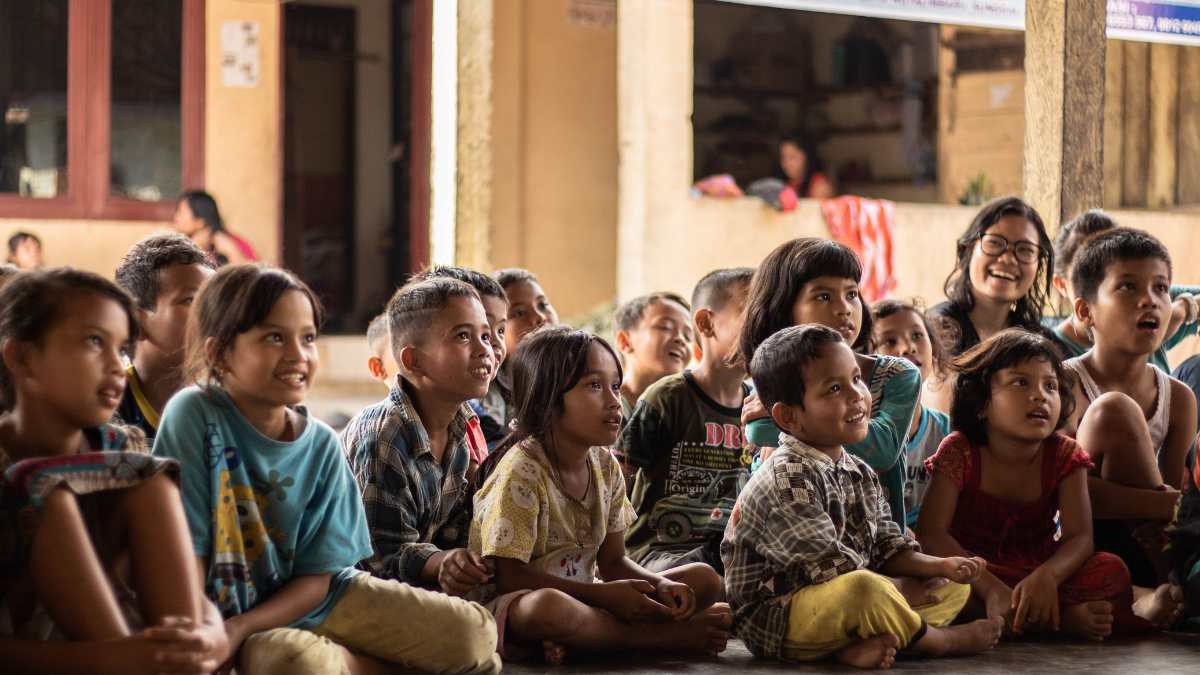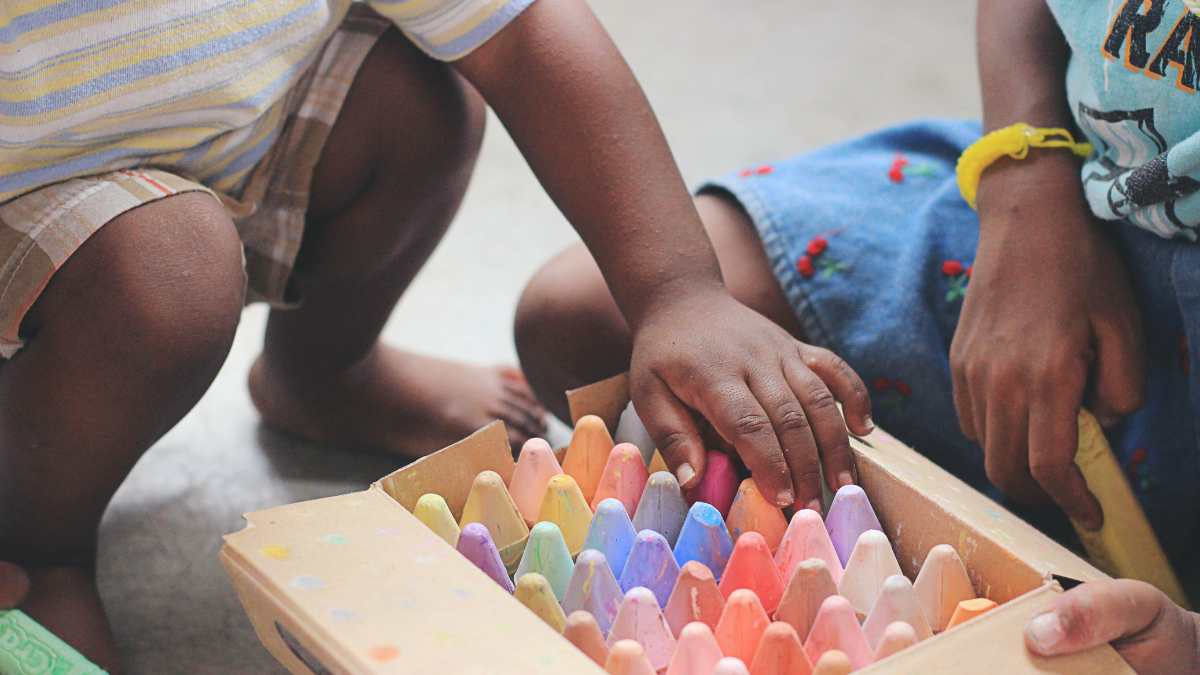
We have all grown up carrying heavy bags which not only burden us physically, but also are a metaphor for the pressure put on the students to excel in academics at all costs. Carrying books on which we end up rote learning leaves no scope for practice-based learning that is more fruitful in the long run. To bring a change in the current system of education, The New Education Policy (NEP) proposes a policy to expose students to vocational subjects. It states that every student will take a fun course from sixth to eighth grade which provides a hands-on experience of vocational crafts such as carpentry, electric work, metalwork, gardening, pottery making and so on, as decided by states and local communities according to local skilling needs.
In line with this, all students from classes 6 to 8 will participate in a 10-day bagless period where students will intern with local vocational experts. It also proposes similar internship opportunities to learn vocational subjects through grades 6 to 12 during holidays.
Some critics argue that this is a useless exercise as at the end of the day we all end up giving entrance exams which are based on theory and textual learning, but they do not realise that a lot of developed countries already use this form of learning which is holistic and undoes a lot of stress that students undergo that makes them dislike going to school. At HerZindagi, we talked to parents, educationists and psychologists to understand their point-of-view on this issue. Here is what they have to say.

Gunjan Arora, a psychologist and parent said that the 10-day bagless initiative is anchored in bringing reform, keeping education global yet local as per changing times. However, she believes that a lot rides on how these initiatives get implemented. “This will give a boost to vocational jobs and make children appreciate and engage with these vocations. At the same time, if it becomes a mere mandatory activity which children are made to do forcefully, it will not make the impact worthwhile,” she said.
Arora highlights that it depends on how the policy is executed to raise and maintain children’s interests. She hopes that similar days can be observed for younger children where they just go to school for play and learn through this play like engaging in arts and crafts, theatre, dance and music. For instance, her child’s school is five days a week, so if the school can call the children on a few Saturdays for these activities then it might make her son more interested in school than he already is.
She notes that training and skill upgradation of teachers might be needed to facilitate this execution.
Don't miss:Foreign Universities Campuses In India: Eligibility, Admission, Fees And More

Mohit Auluck, a parent and lawyer by profession, said that bagless learning will ensure the overall development of kids since they would use their energy on activity-based learning. “It will reduce a lot of stress on the kids,” he said.
He advocates for more opportunities of digital learning resources to open up the scope of tech-based education which can revolutionize the education system, instead of completely relying on books. However, he believes that there should be a vital balance between the two as the screen time of kids and their interaction with the surrounding environment will decrease, leading to lesser physical activities. Here is where vocational activities can help students embrace a mix of learning.
Auluck also thinks that schools should start investing in locker systems or collective book centres where kids can borrow and use books. He said that the downsides are apparent as complete bagless schooling is a daydream because barring a few tier A or B+ schools, rest of the schools will not have the resources to develop this concept. Moreover, the digital divide is a pertinent issue which will inhibit proper infrastructure for e-learning to exist at all levels.
Don't miss:Sexism Is More Common Than You Think & It Starts In Schools

Growing up, Nisha Verneker, the Education Lead at Vidhi Centre For Legal Policy, went to an elite private school in Bangalore that had a similar concept where for two weeks of the academic year, students from 6 to 12 grade were involved in extracurricular activities like folk art and robotics which was beneficial for developing creativity. However, she believes that this needs to be a time for students to relax and not have to feel overburdened by a rigorous curriculum.
“The overarching problem is not that students have to carry heavy bags, but that these bags stand for the excessive workload and pedagogically the rote-learning system where application-based assignments do not really exist,” she said. “This policy will also positively affect students who are in their own echo chambers and bubbles and do not have the real-life experiences they need. Schools should promote children volunteering and participating in social work to help them see the reality and diversity in their surroundings. But this should not disrupt the surroundings they are entering,” she concluded.
Also watch this video
Herzindagi video
Our aim is to provide accurate, safe and expert verified information through our articles and social media handles. The remedies, advice and tips mentioned here are for general information only. Please consult your expert before trying any kind of health, beauty, life hacks or astrology related tips. For any feedback or complaint, contact us at [email protected].